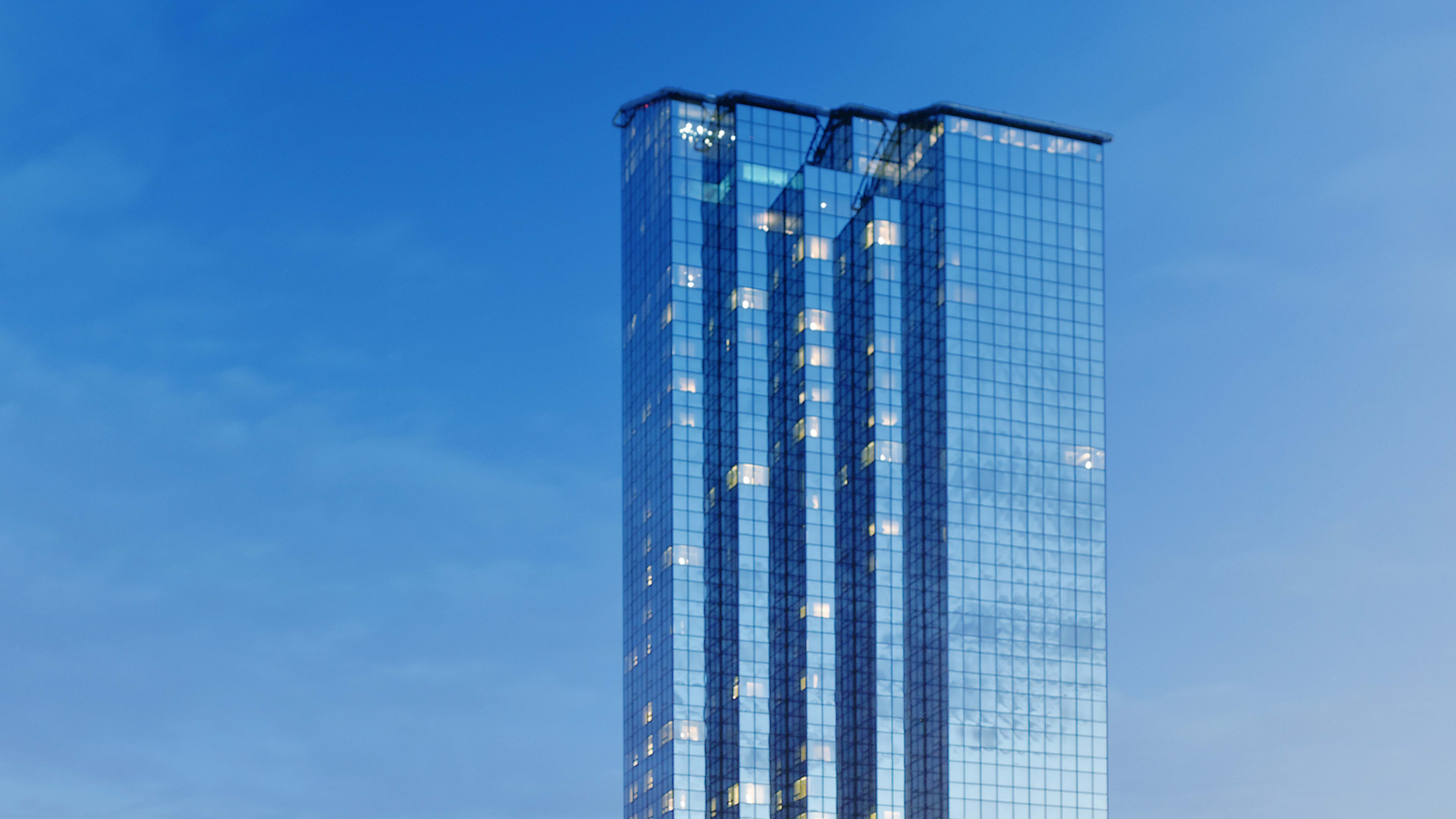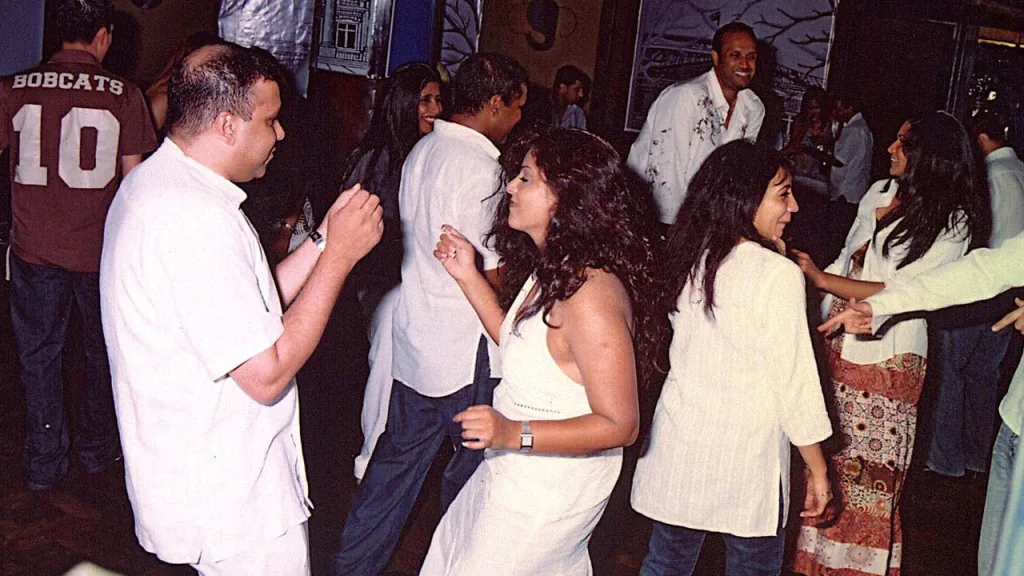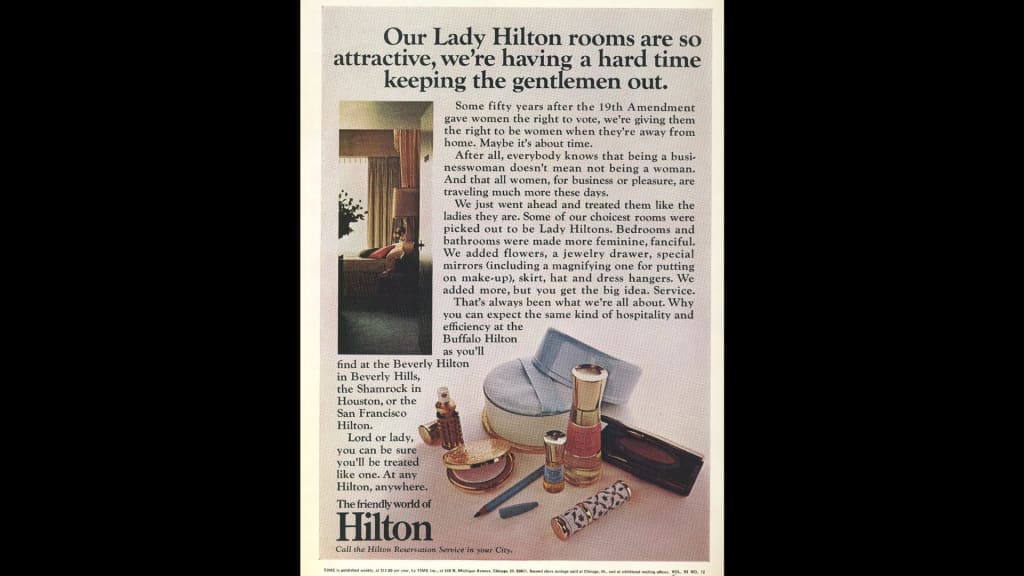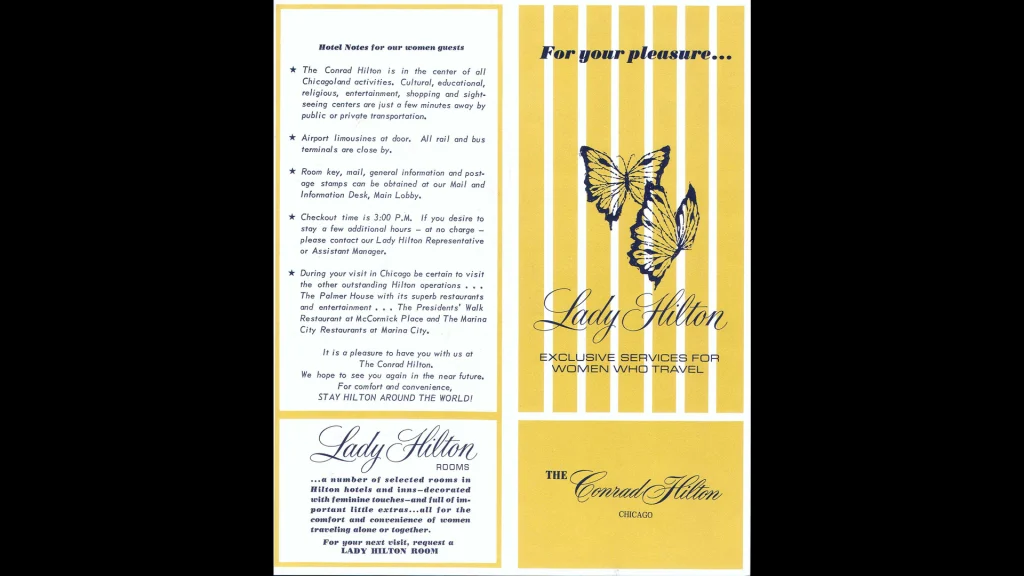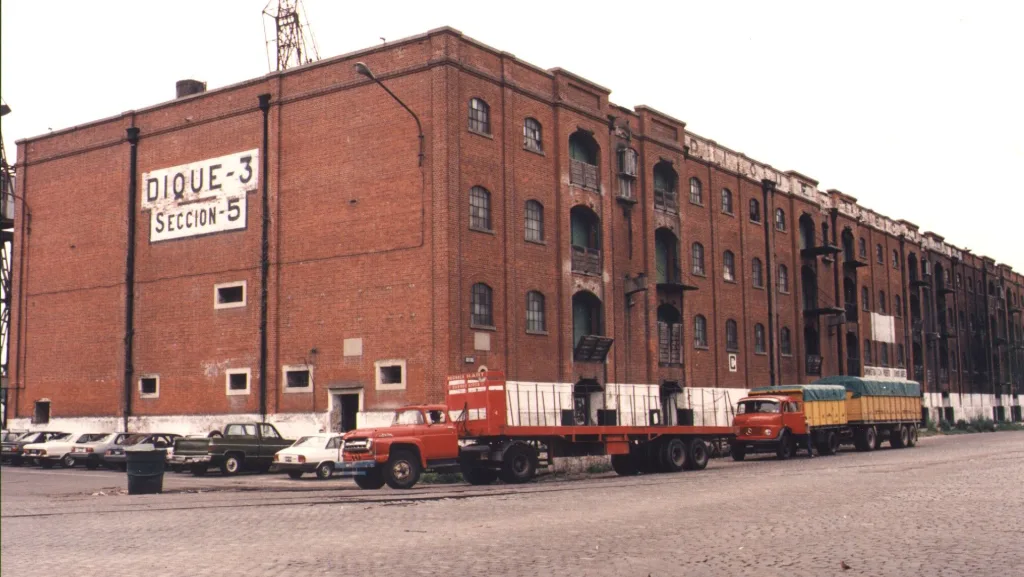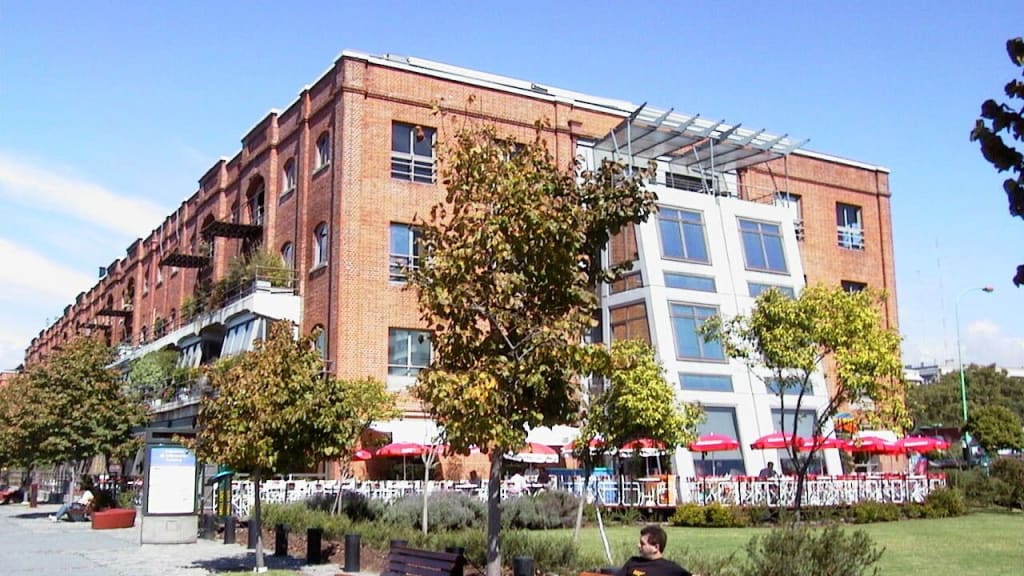A few weeks ago, I stowed away on Norwegian Air’s Fill A Plane campaign, where they transformed their brand-new Boeing 737 Max passenger plane into a cargo jet and filled it to the brim with supplies bound for a UNICEF outpost in Chad. After a long flight from Copenhagen to N’Djamena, we unloaded the plane. While the 13 tons of supplies—2,000 water purifiers, 1,000 doses of antibiotics, 35,000 packs of rehydration salts, and more—were headed to the Gaoui refugee camp and local hospitals, we were headed to our hotel. After rolling in a convoy through darkened dirt roads, we pulled up to the hotel—a Hilton, one of the few hotels that had remained open in the Central African country.
Outside the hotel were cement-and-corrugated tin businesses sitting by side, with empty shells of mansions built but never used for a meeting of the African Congress. To get in, you had to pass through a complex security system; Boko Haram is a threat. But once inside the hotel, it was a Hilton.
There was the high-ceilinged lobby with an international mix of patrons having quiet conversations, a bar with servers doling out glasses of French white wine, as well as carpeted conference rooms, a friendly staff, and a restaurant advertising Italian night on Wednesdays. It was a Hilton that would not look out of place if it was magically dropped into Dayton. It’s a phenomenon akin to Starbucks’s international uniformity that it calls “The Third Place.”
International travelers would not be surprised by this. The Hilton and its related companies are truly everywhere, opening hotels in Jakarta, Nigeria, the Maldives, Sri Lanka, Nepal, Uzbekistan, Brazil, Buenos Aires, and, yes, Dayton. As the Hilton expands, it brings new jobs; first in construction, and then in the hotel itself. Then, it brings new visitors happy to have the familiar Hilton brand as a home base for their travels.
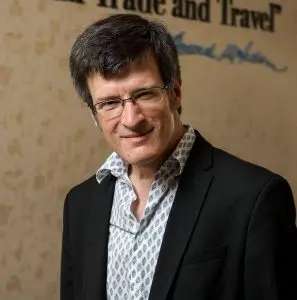
While the white paper clocks in at a whopping 50 pages, the TL;DR is this: The Hilton Effect is the world-altering impact that well-known hotel has had–and continues to have–on billions of lives in thousands of communities around the globe. The company pioneers new travel markets, revitalizes communities by reinvigorating abandoned spaces (for example, turning abandoned docks in Buenos Aires into a hotspot or reopening the long-vacant Yorktowne Hotel in Pennsylvania), and influences billions of guests in their travel choices.
More notably, the chain has impacted the lives of millions of employees by offering wide-ranging career opportunities in countries where opportunities may be sparse (think: restaurant servers moving through the ranks to become C-suite execs) and encouraging grassroots innovation that directly impacts the company’s bottom line and environmental impact. Through all that, the company says it’s had an estimated trillion-dollar impact on the global economy.
While it can be eye-roll-worthy to commission a report to give yourself a pat on the back, sometimes a pat on the back is well-deserved.
Check out the video below and read more here.
Recognize your brand’s excellence by applying to this year’s Brands That Matter Awards before the early-rate deadline, May 3.
